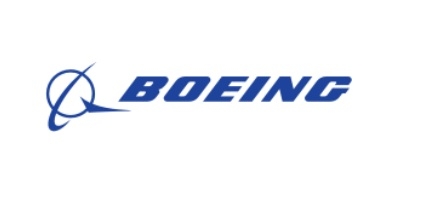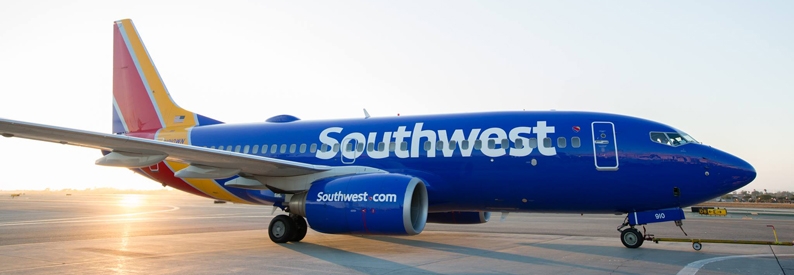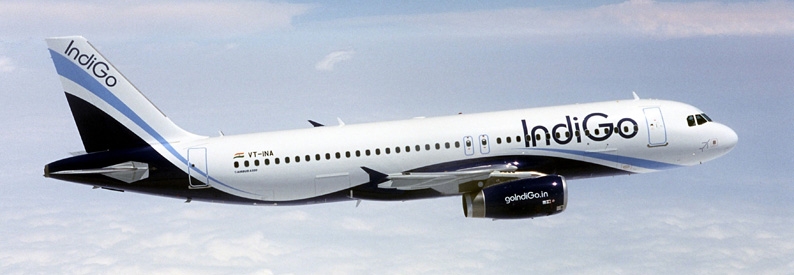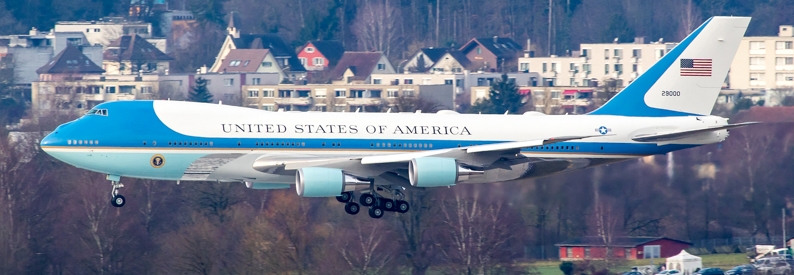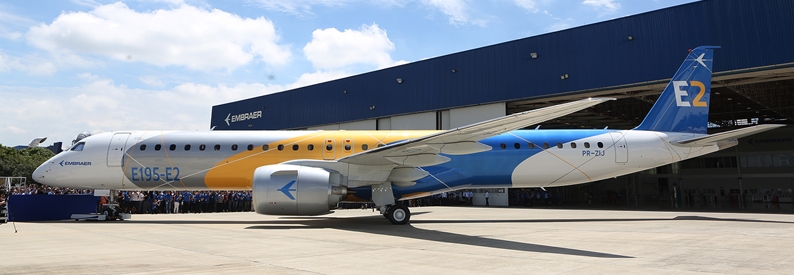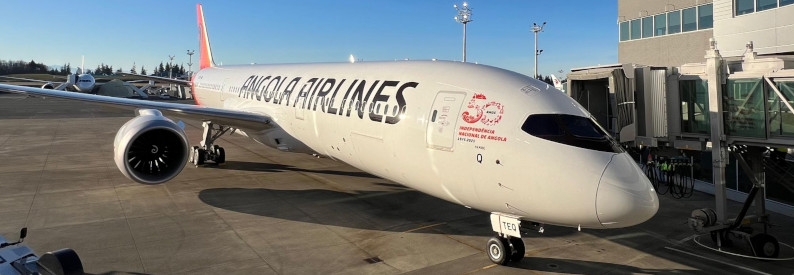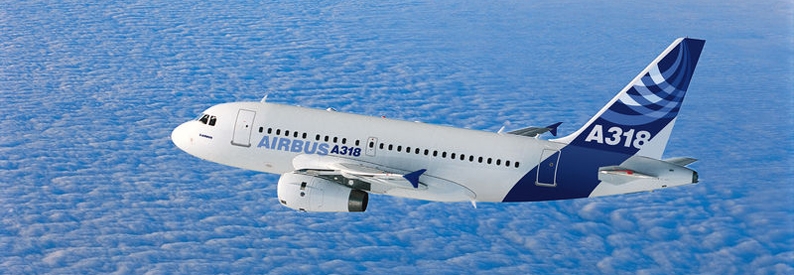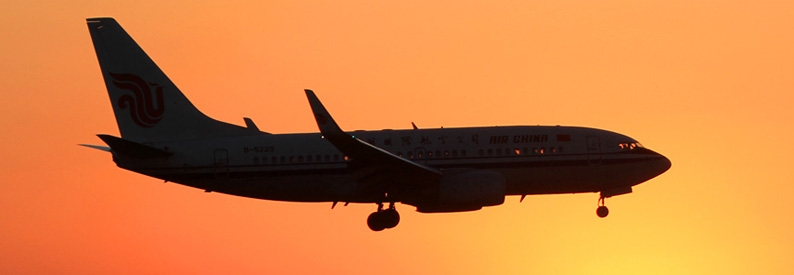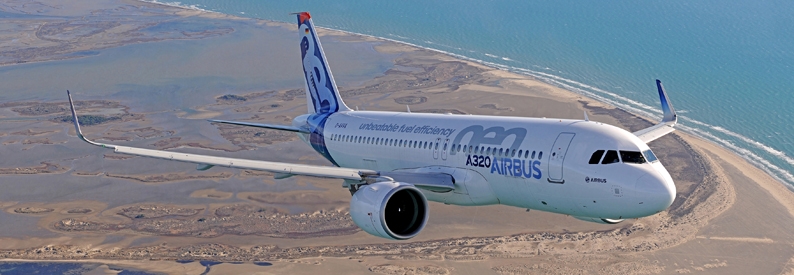The United States Department of Justice has fined Boeing (BOE, Washington National) more than USD2.5 billion, charging it with “a conspiracy to defraud” the Federal Aviation Administration’s Aircraft Evaluation Group in connection with the B737 MAX.
The manufacturer’s employees “chose the path of profit over candor by concealing material information” from the regulator and “engaged in an effort to cover up their deception,” David P Burns, acting assistant attorney general of the justice department’s criminal division, said in a statement dated January 7.
Boeing entered into a Deferred Prosecution Agreement (DPA) in connection with criminal information filed on the same day at the Northern District of Texas court, under whose terms it will pay USD2.27 billion in compensation to the families of the 346 people killed in the Lion Air (JT, Jakarta Soekarno-Hatta) and Ethiopian Airlines (ET, Addis Ababa International) B737-8 crashes and a USD243.6 million fine.
The ruling followed a congressional investigation in March 2020 which concluded that the manufacturer promoted a “culture of concealment” and was “grossly inefficient” in its oversight of the development of the MAX. Burns accused Boeing’s employees of “fraudulent and deceptive conduct” that led to the crashes.
“The misleading statements, half-truths, and omissions communicated by Boeing employees to the FAA impeded the government’s ability to ensure the safety of the flying public,” said US Attorney Erin Nealy Cox for the Northern District of Texas. “This case sends a clear message: the Department of Justice will hold manufacturers like Boeing accountable for defrauding regulators - especially in industries where the stakes are this high.”
In court documents, Boeing admitted that two of its technical pilots deceived regulators about the safety of the Maneuvering Characteristics Augmentation System (MCAS) stall prevention software, which was implicated in both crashes.
Because of this, a key document published by the FAA’s Aircraft Evaluation Group lacked information about MCAS, which meant that manuals and pilot training materials also lacked information about the system, the justice department said.
In a statement on January 7, Boeing acknowledged that it had entered into the DPA and that it would pay the sums. It blamed its former employees.
“The agreement is based on the conduct of two former Boeing employees and their intentional failure to inform the FAA Aircraft Evaluation Group, the group within the FAA responsible for making pilot training determinations, about changes to the Maneuvering Characteristics Augmentation System. [...] While focusing on the conduct of these two former employees, the agreement recognises that other Boeing employees did inform other officials and organisations within the FAA about MCAS’s expanded operating range in connection with the certification”, the company said.
David L Calhoun, Boeing’s president and chief executive, said in a note to employees: “I firmly believe that entering into this resolution is the right thing for us to do - a step that appropriately acknowledges how we fell short of our values and expectations. This resolution is a serious reminder to all of us of how critical our obligation of transparency to regulators is, and the consequences that our company can face if any one of us falls short of those expectations.”
As previously reported, Boeing has worked to address concerns about the MAX, and in December the aircraft returned to service in the United States.
However, the Chicago-based Clifford Law Offices which represents the families of the people lost in the Ethiopian Airlines crash dismissed the settlement as a “rushed criminal settlement process that excluded them” and pledged to continue their litigation against Boeing.
“The allegations in the deferred prosecution agreement are just the tip of the iceberg of Boeing’s wrongdoing – a corporation that pays billions of dollars to avoid criminal liability while stonewalling and fighting the families in court,” it said in a statement.
The MAX should not return to service “until all of the airplane’s deficiencies are addressed and it has undergone transparent and independent safety reviews - which to date still has not occurred,” it added.
